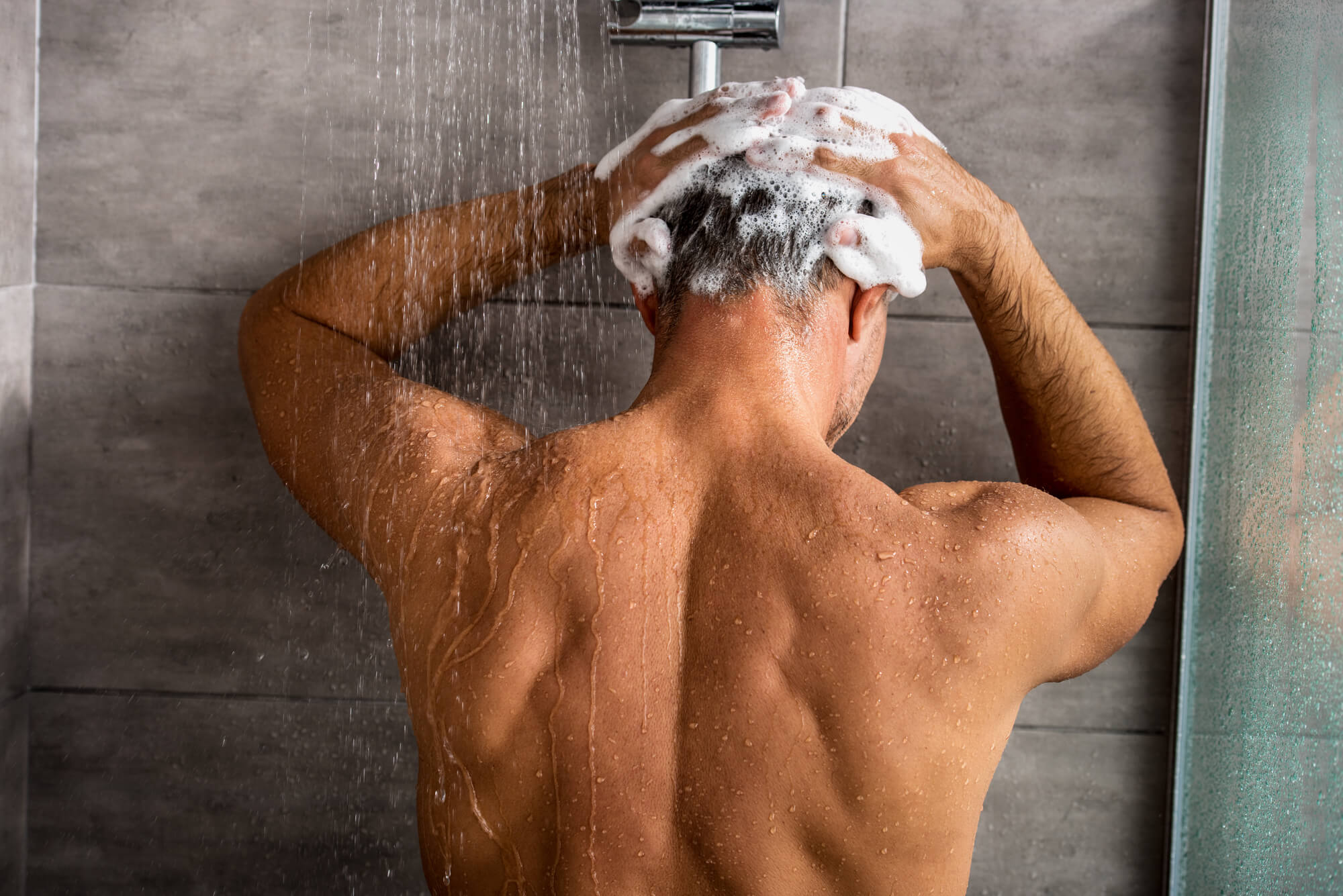Parabens and Low Testosterone—Could Household Products Damage Your Hormone Balance?
Low testosterone diagnoses and prescriptions for supplemental testosterone have risen steadily in recent years. In response to that trend, consumers, the health industry, and medical researchers all have looked to lifestyle changes as potential treatment measures, including healthier diets and better exercise routines.
It’s important to consider how your overall health affects your hormone levels, which determine to a large part how you feel. But, there’s more to overall health than just your diet and a workout plan.
Have you considered what your body absorbs through the household products that you use? Research shows that parabens and other harsh chemicals found in many products you routinely use at home could be damaging your body’s hormone production and wellbeing.

What Are Parabens?
Parabens are a class of preservatives widely used for their bactericidal and fungicidal properties. For those interested in the scientific side of things, they are a series of parahydroxybenzoates or esters of parahydroxybenzoic acid (also known as 4-hydroxybenzoic acid).
Paraben compounds, which are often found in pesticides and plastics, are known hormone disruptors. Their connection to developmental, neurological, and immune-system side effects has been under investigation for a considerable time.
With such a nasty reputation, you probably wouldn’t expect to find parabens as standard ingredients contained in your household products, where they can creep into your system as you carry on your daily routines.
Unfortunately, they are everywhere, found in everyday products like these:
- Shampoos
- Commercial moisturizers
- Shaving gels
- Makeup
- Toothpaste
- Moisturizers
- Lotions
- Lubricants
- Shampoos
- Detergents
- Sunscreen
Parabens are also used as food preservatives, which is an additional concern.
Parabens and Their Effects on Your Testosterone Levels
Recent studies indicate that men exposed to parabens may suffer from a variety of health complications, including decreased testosterone production and increased production of weaker sperm that are abnormally shaped and/or slow moving.
A 2017 research project, which was originally published in the Journal of Occupational and Environmental Medicine, evaluated the possible relationship between an environmental exposure to parabens and semen quality parameters, sperm chromatin structure, and the level of reproductive hormones in men, which include:
- Follicle-stimulating hormone (FSH)
- Testosterone
- Estradiol
(Learn why estrogen in the form of estradiol is important to men here.)
In this study, urine samples collected from 315 men who attended an infertility clinic for diagnostic purposes with normal semen concentration of 15 to 300 mln/mL were analyzed for five paraben concentrations. They also provided semen, saliva, and blood samples for evaluation.
The results showed that urinary paraben concentrations were significantly associated with an increased percentage of sperm with abnormal morphology, a greater percentage of sperm with high DNA stainability (HDS), a decrease in the percentage of motility, and lower testosterone levels overall.
Parabens and Low Testosterone: What This Means for You
In a nutshell, scientific evidence shows that endocrine disruptors, including parabens, in a man’s system possibly contribute to lower testosterone levels, poor hormonal health, and decreased fertility—all areas of substantial concern.
However, scientists don’t know exactly what amount of parabens might be harmful or exactly how they function in the human body to cause these conditions—more research on those specific issues is necessary.
In the meantime, our advice to you is one of caution—better safe than sorry.
Some parabens are banned from cosmetics in the European Union, but the U.S. Food and Drug Administration has not limited use of these ingredients. We recommend looking for products that are paraben-free.
Awareness and common sense (in combination with proper diet and exercise) are the allies of men concerned about their hormonal health, and men with periodic symptoms should reduce such risk factors wherever possible.
For those experiencing chronic hormone low testosterone, Testosterone Replacement Therapy (TRT) can be effective in restoring your overall hormonal balance and sense of wellbeing, regardless of the cause.
Click to read our comprehensive guide on Testosterone Replacement Therapy for the answers to the most common questions.
